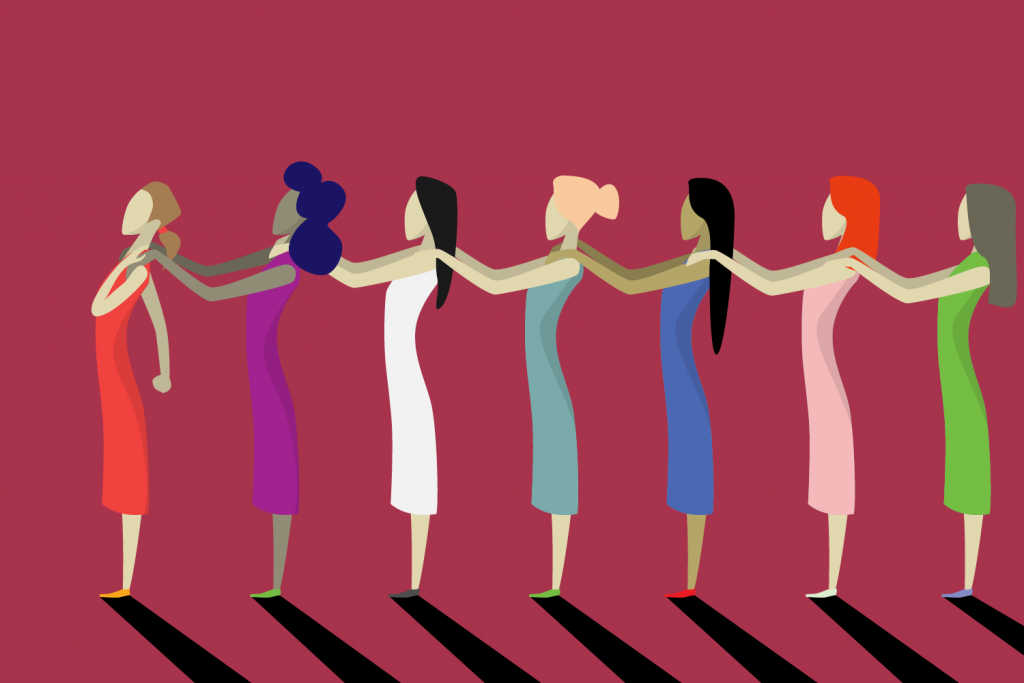
Monday 25 November is the International Day for the Elimination of Violence against Women.
According to the Australian Institute of Health and Welfare (AIHW) domestic and family violence can impact people of any age, gender, sexuality, or background, but women and children are far more likely to be affected.
While many people see family violence as being physical violence, Carmel O’Brien, psychologist and author of Blame Changer, says the ‘defining feature’ is simply ‘somebody who’s trying to take over someone else’s life’.
It’s about any kind of ‘intimidation and fear,’ she says.
While the effect of physical violence shouldn’t be underestimated, according to White Ribbon Australia it’s a leading cause of premature death in women aged 18-44, it’s important to understand that not all violence is physical.
Michelle is a Programmed employee and survivor of domestic violence. Her ex-partner’s violence was primarily psychological, and also ‘gradual’, which made it more difficult to identify.
‘You love [the person perpetrating the violence] but you’re also completely aware that things aren’t quite right,’ she says.
Carmel’s professional experience shows that, while violence is often attributed to factors such as alcohol, socioeconomic status, and mental illness, ultimately perpetrating violence is a choice.
‘Family violence isn’t good for survivors, it’s not good for perpetrators either’, says Carmel. She encourages anyone, particularly perpetrators, to ‘be brave enough to get help’.
If you, or someone you know is experiencing family violence some contacts include;



